How Ãine Kerr’s Unconventional Path Is Disrupting the News Industry and What It Means for Your Next Big Opportunity
Have you ever sat down at 15 with a pen, paper, and a heart-versus-head showdown that would set the course for your entire life? Áine Kerr did just that—juggling the tug-of-war between being a teacher and a journalist, her practical mind facing off against her passionate heart. What followed was anything but a straight line. From classrooms in Drumcondra to reshaping the very fabric of journalism with groundbreaking ventures like Storyful and Kinzen, Áine’s journey is a masterclass in embracing the “squiggly” path of entrepreneurship. But here’s the twist—the very success she’s carved out is fueling a mission far bigger than business: empowering women-led organizations and paying forward the gifts that helped her thrive. As she stands at yet another career crossroads, one can’t help but ask—what’s next when you’ve already rewritten the rules of engagement? Dive in to discover what drives Áine’s relentless energy, her bold choices, and how she’s harnessing her privilege to build not just a career, but a legacy. LEARN MORE
As she ponders her next steps in business, journalist and entrepreneur Áine Kerr talks to Niamh Donnelly about the lightbulb moment that led to her success with Storyful and Kinzen and how she’s trying to ‘pay it back’ with her involvement in women-led organisations
When Áine Kerr was 15, she sat down with a piece of paper, drew a line down the centre, wrote the word ‘journalist’ on one side and ‘teacher’ on the other.
Ever the go-getter, the young Castleblayney woman was trying to determine her path in life.
Beneath the word ‘teacher’ she drew the shape of a brain, beneath ‘journalist’ a heart.
Her practical side was in conflict with her passion. Stuck at a crossroads, she asked her “uncle Frankie” — long-time journalist Frank McNally — for advice.
“Do the teaching,” he said, decisively. The education and experience she would gain would be invaluable to a career in journalism, which she could pursue later.
“It’s probably the first and last time I had a ‘work-to-plan, plan-to-work’ and it worked,” Kerr says.
“My 15-year-old self realised it wasn’t a case of ‘this or that’, but rather ‘this, then that’ — that I would have this holistic, squiggly career.”
Kerr meets BusinessPlus.ie at the Westbury Hotel in Dublin, bike helmet in hand — she likes to be in control of her time, she says, and doesn’t care for sitting in a car in traffic.
This is a person who could do with ten extra hours in each day, who radiates energy and who clearly puts her heart into everything she does.
Her “squiggly” career path has taken her from a teaching job in Drumcondra, via roles as a political correspondent at the Irish Independent, The Irish Times and Irish Examiner, to a business leader who has been instrumental in reshaping the journalism model.
And it was another fork-in-the-road moment that led her to become the “accidental entrepreneur” she is today.
In 2008, Kerr went on a two-week placement to the United States to learn about the future of journalism.
The idea that we were doing journalism in the wrong order was beginning to emerge. What if, instead of a one-way line of communication, the news was public-led?
At the time, the big news story was the International Monetary Fund’s arrival in Ireland. Kerr recalls standing in Times Square as this headline rolled on the ticker.
While all around her and online the news was a live conversation, as a staff journalist she was expected not to post about anything that might compromise the following day’s headlines.
A sense of disillusionment came over her.
“I just had this moment of: I want to stay in journalism, but I want to do it differently,” she says.
In the airport, she began to draft an email to someone she believed shared her conviction.
She had never before met or spoken to Mark Little, journalist and then-host of RTÉ’s Prime Time, but she had seen him on The Late Late Show discussing his new business venture: a news gathering and distribution agency called Storyful.
“I didn’t exactly understand what Storyful was,” Kerr says. “But I just knew he was trying to do something different that was sustainable when it came [firstly] to the model of journalism itself, but also to the revenue model. That email, obviously, was the beginning of something huge.”
Kerr and Little would go on to have a lasting and highly successful business partnership, first at Storyful and later as co-founders of Kinzen, a company focused on combatting harmful content and misinformation online.
Reinventing the wheel was Kerr’s modus operandi from the beginning.
“People are always saying ‘don’t reinvent the wheel’, whereas at Storyful we were like, ‘there has to be a different wheel putting journalism together’,” she says.
The company developed a newswire that could detect and verify content in real time.
Then it needed to build a complementary revenue model. Kerr was tasked with building a “startup within a startup” that would go on to become a “really important business model” and revenue generator.
“You were starting to see ‘Charlie Bit My Finger’ — these videos that had this virality, but it was a wild west,” she explains.
“They would go viral so quickly that the person who owned it would lose all rights and ownership. We built a technology that could find videos before they went viral and patch them in such a way that the mother [of Charlie] retained ownership, and we’d take a small cut, but they got to own it.
“We partnered with YouTube at the time to really experiment, and that became the part of the Storyful business that really did take off in terms of revenue generating.”
In 2013, media giant News Corp bought Storyful for a reported €18m.
Kerr and Little went their separate ways, with Kerr heading up the Journalism Project at Facebook and Little heading the Irish subsidiary of Twitter.
But by 2017, the itch to get the band back together and attempt another startup was strong.
“We had this moment of: it can’t be just because we want to do the difficult second album; it has to be something very purposeful, very impactful.
“Anyone who’s done startups knows it is a recommitment, suffering every day, and you really want to believe in it.
“By that summer of 2017, we both felt there was a part we could play. We were all conscious of misinformation. Disorder was headline news. And we decided to start Neva Labs, which became Kinzen.”
Kerr moved back to Dublin from New York, where she had been based. She was secretly pregnant with her first child, but, undaunted by the challenge, she set off on the squiggly path of defining what Kinzen would one day be.
Having experimented with ideas around stripped-back algorithms, targeted content and so on, their “radical focus” eventually shifted to developing a technology that would detect and disrupt misinformation.
“We had a stubborn vision of what we wanted and how to play our part in the news industry,” she says.
“We came at it in different ways, but we did stay stubborn on the vision and sense of mission.”
In 2022, Kinzen sold for an undisclosed sum to Spotify, with which it had been working since 2020.
Kerr stayed on as director, heading up Spotify’s content safety and analysis team, but will soon finish up with the company.
“I’ve made a decision that I will leave Spotify at the third anniversary of the acquisition this year,” she says.
“People sometimes ask, what has been the highlight of the Kinzen piece into the Spotify piece and I can honestly say it was the night of getting to sign cheques for your team.”
She points out that “nine out of ten startups fail” and when you’re asking people to “come on the journey with you”, it’s important that they get a sense of ownership.
“We always had a policy that ten per cent of the company would be owned by the team.”
Since deciding to step away, Kerr finds herself having to figure out, again, what she wants to be when she grows up.
“From teaching into journalism, journalism into Storyful, Storyful into Facebook, Facebook back to Kinzen, Kinzen to Spotify and now there’s another inflection point of going: what would I do if I weren’t afraid at this moment?”
Meanwhile, her energies are focused on a “higher purpose”, working with the likes of The Shona Project, Gaisce Council and Rethink Ireland, a social innovation fund that supports nonprofit organisations across the country.
“I tend to have an attitude of ‘nothing is somebody else’s problem’,” she says, admitting that this makes it hard for her to say no to things.
“We all have our hands on a lever. You can look at something like domestic violence, misinformation, disinformation, whatever it might be [and think] that’s so big and hairy and messy, there’s nothing I could possibly do.
“And yet if you sit with it, you might go ‘actually, there are some things within my control’.”
In the past decade, Rethink Ireland has secured over €100m in investment and backed 448 social innovations across the country.
Kerr first contributed to the organisation through the Freedom From Fear Fund, aimed at preventing gender-based violence, and became chair of the board of directors in 2023.
She speaks proudly of its contribution to a “more equal, inclusive Ireland”, mentioning a recent composite report on three of its funds (the education fund, youth fund and children and youth fund), which found that for every euro invested there was an eight euro return in social value.
“When you think about your local economy, when you think about that cascading effect it has for young people — the data is there.
“We know there’s appetite for this unique partnership between people, corporations and government to do real good.”
Along with her work at Rethink Ireland, Kerr has tried to “pay it back”, working with women-led organisations like TechFoundHer, Awaken Angels, Fierce and others.
And she hasn’t gone far from her journalism roots, hosting Reignite, a business-focused RTÉ radio show since 2020.

The obvious question, then, is how does she prioritise and balance everything?
“There is no such thing as work-life balance,” she says.
“I have a little girl, aged seven, and she is my priority of course. But I also have to think about the country and community that I want to help create for her.
“What does it look like to use your privilege? Because I do feel very privileged to have had the career that I’ve had, and that’s what I hold myself accountable to.”
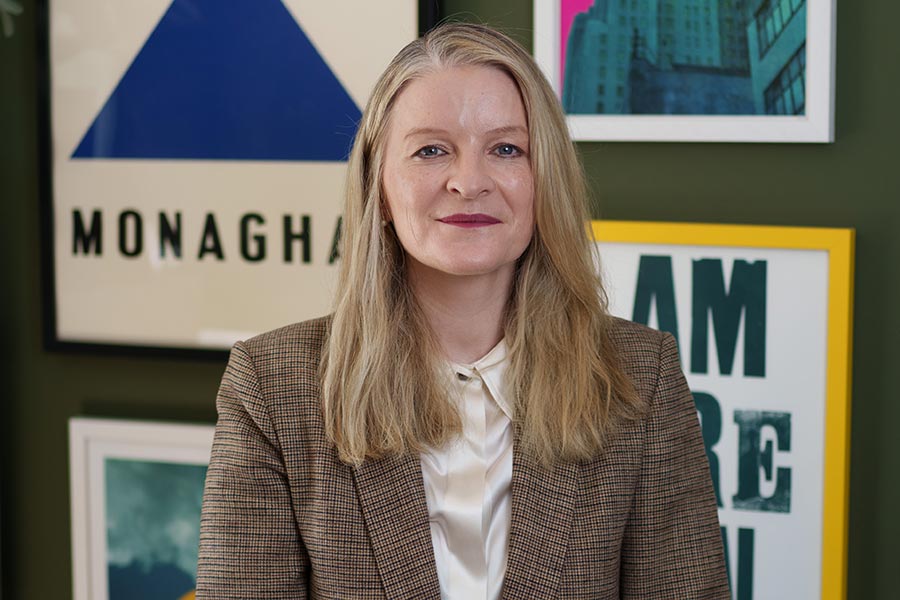



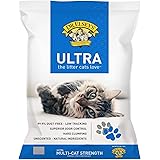

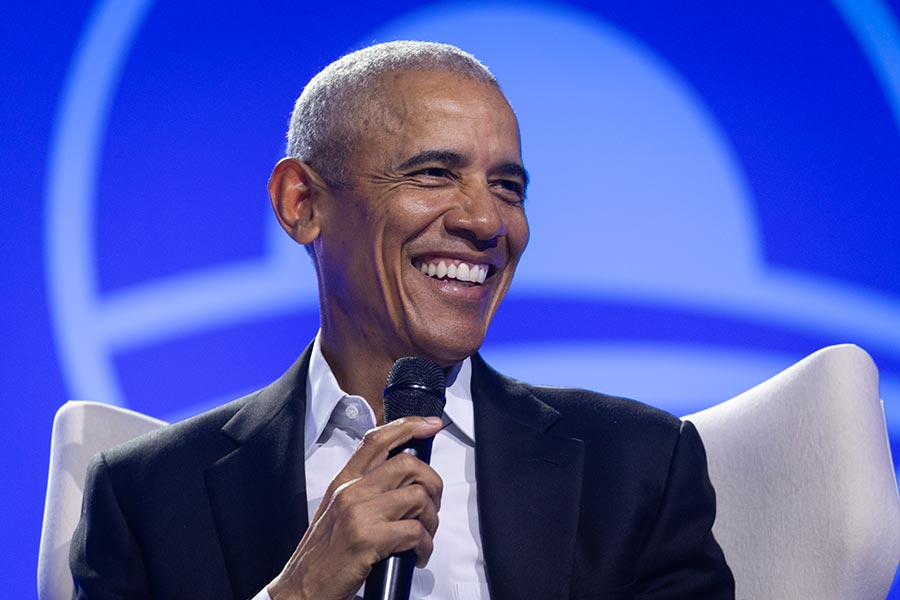

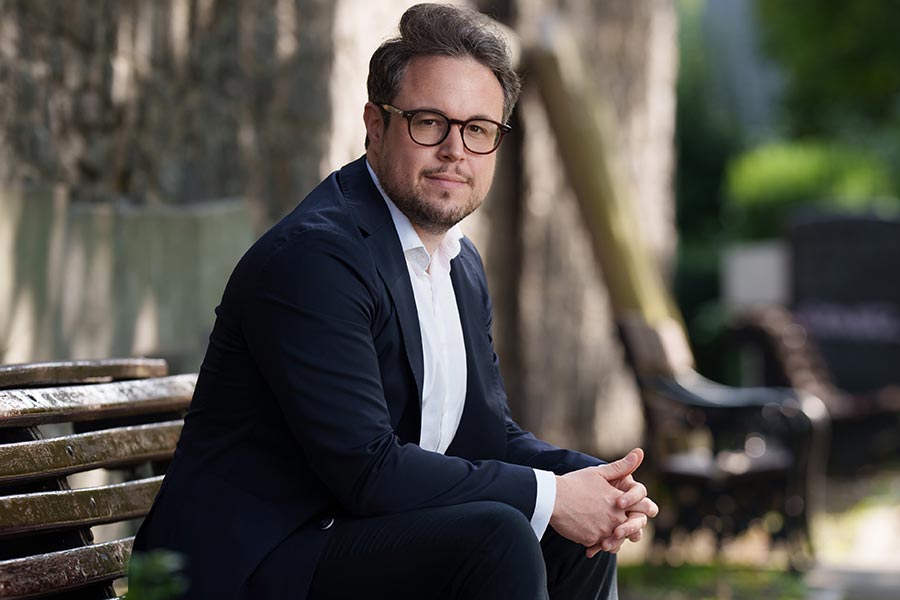
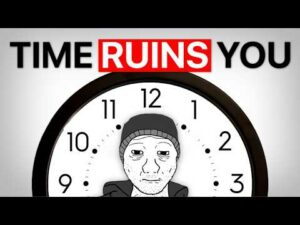

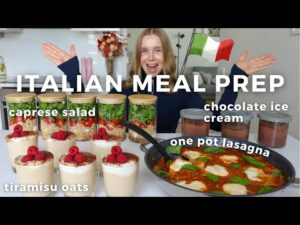
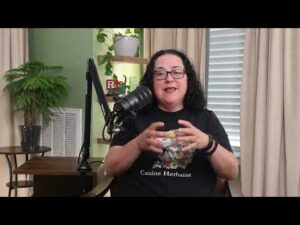

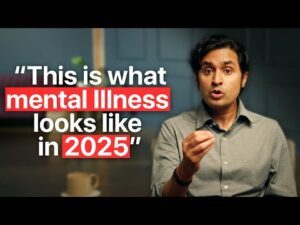
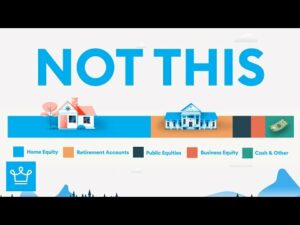
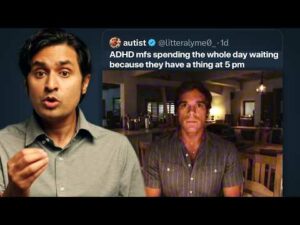
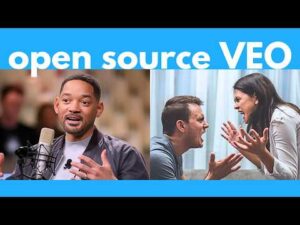
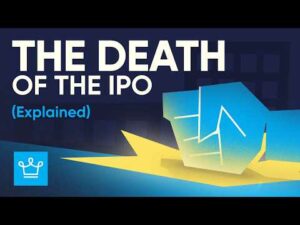

Post Comment